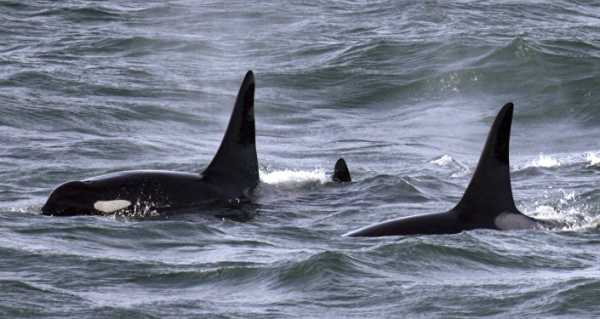
Politicians and state agencies are mobilizing to bar the US Navy from planned weapons tests in the waters off Washington state’s coast over fears they could harm the region’s rare orca whales.
Washington state politicians, including the governor and attorney general, as well as several state agencies, are attempting to put a stop to a massive weapons testing regime the US Navy hopes to begin.
Washington Governor Jay Inslee wrote in a letter to the Navy earlier this month that the service needs a “more robust avoidance and mitigation strategy” in order to protect the wide variety of marine wildlife that live in the Pacific waters stretching from northern California to southern Alaska,” the Associated Press reported on Thursday.
According to the Navy, the animals could be impacted between two and 51 times per year, and while some of the encounters could be deadly, many are likely to cause life-altering changes in their behavior, such as scaring them away from hunting and breeding grounds and permanently damaging their hearing, the Seattle Times noted last November.
However, NOAA has judged the Navy’s testing regimen to have a “negligible” effect on wildlife and is drafting a final rule for implementing the program.
Julianne Stanford, environmental public affairs specialist for the Navy Region Northwest, told the Seattle Times the Navy was having “active discussions” with regulators in an attempt to further reduce the impact of testing on wildlife, especially orcas and other cetaceans who are very sensitive to sound.
The southern resident killer whale population, already at its smallest size in 40 years at just 72 animals, is already at risk from a number of factors, including pollution.
“The thing that is just crazy is NOAA has designated these one of the most critically endangered animals, and for them to say these activities have negligible impact, something is not right and the public needs to know that,” Deborah Giles, science director and research director for the nonprofit Wild Orca, told the Times. “The potential for harm is too great to wager on such a small population of animals.”
Sourse: sputniknews.com






